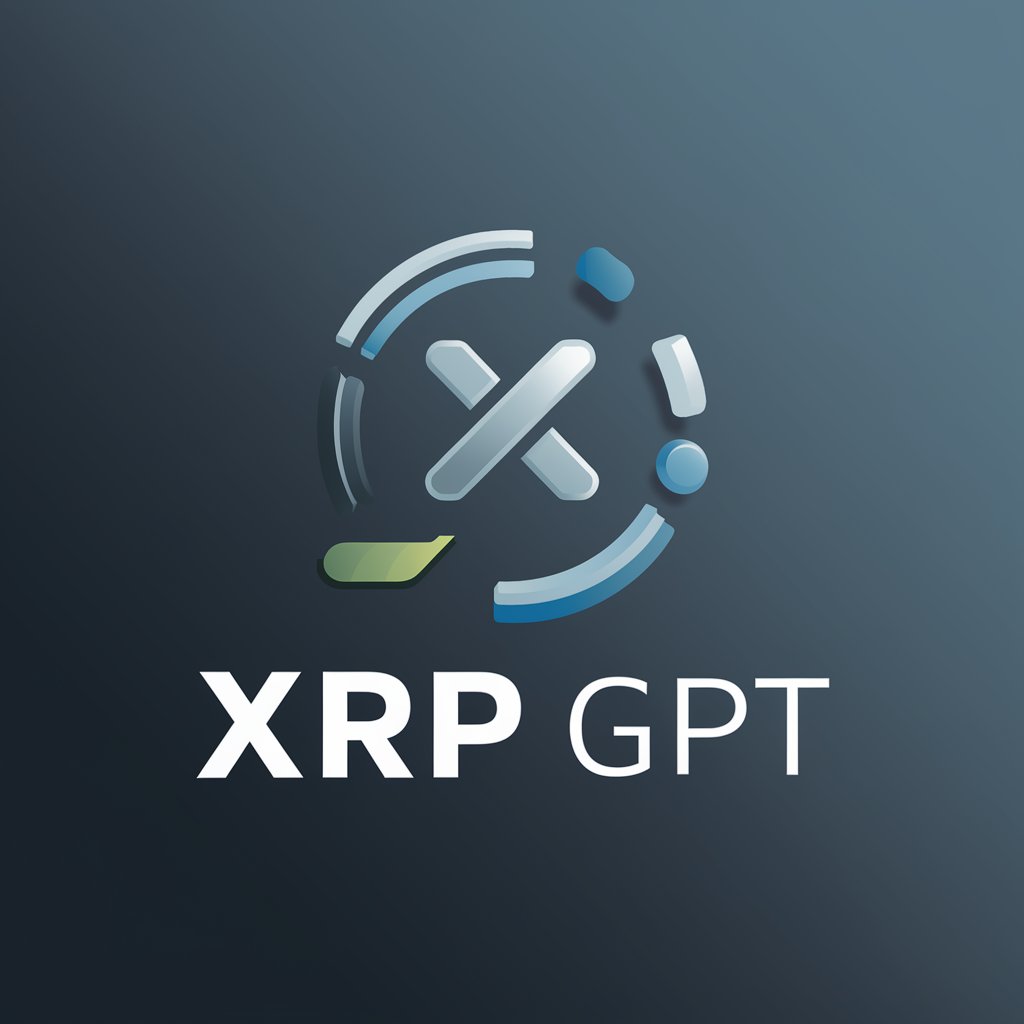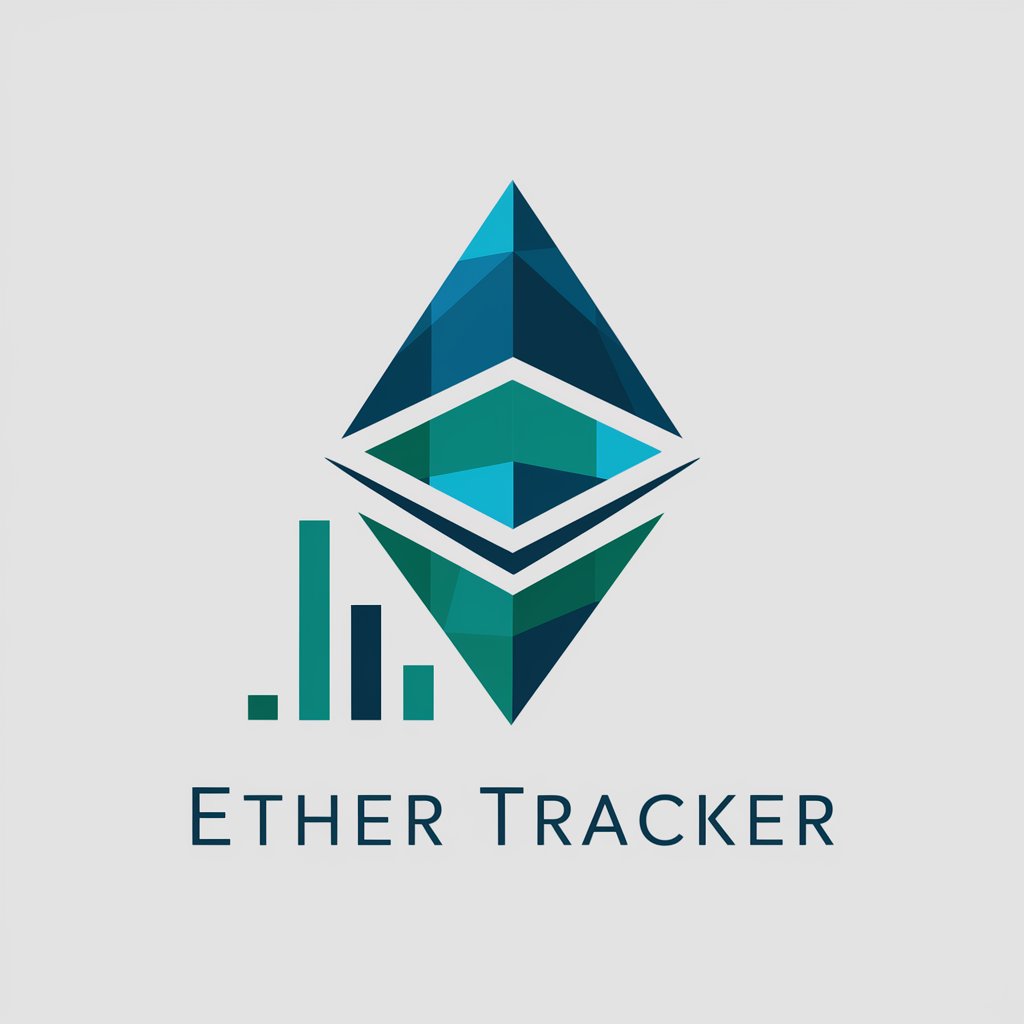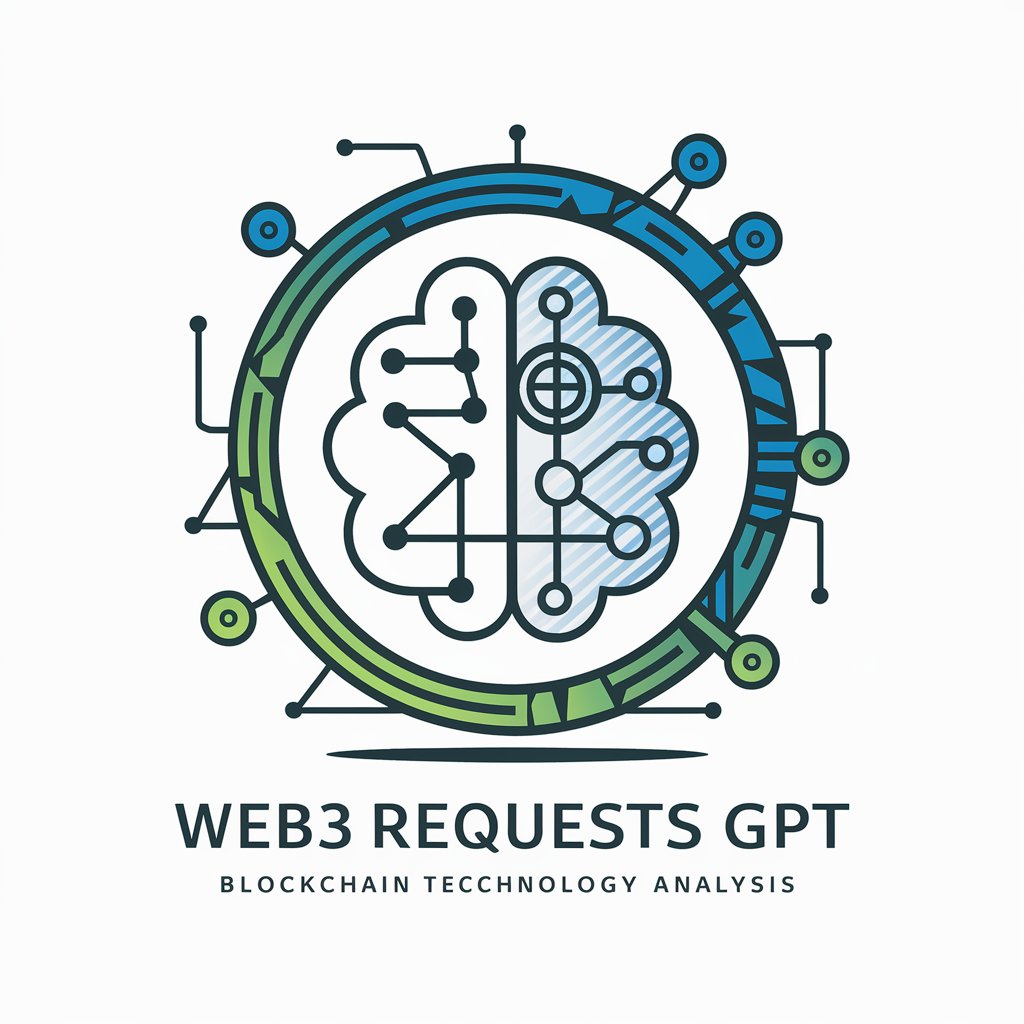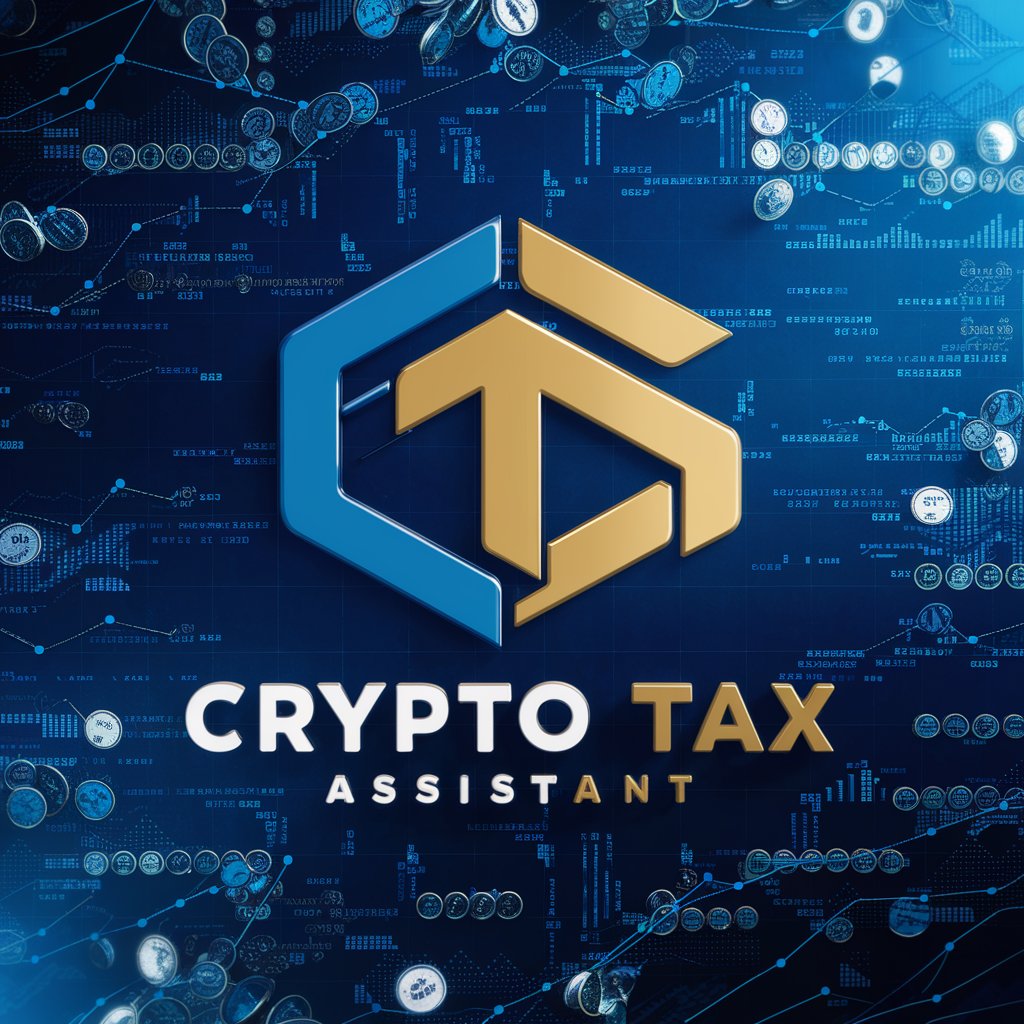15 GPTs for Transaction Tracking Powered by AI for Free of 2026
AI GPTs for Transaction Tracking are advanced computational tools leveraging Generative Pre-trained Transformers technology to monitor, analyze, and manage financial transactions. These tools are crafted with the ability to process and understand large volumes of transactional data, offering insights and automating tasks related to financial movements. By utilizing natural language processing and machine learning, GPTs provide tailored solutions for tracking, auditing, and reporting transactions, thereby enhancing efficiency and accuracy in financial management.
Top 10 GPTs for Transaction Tracking are: Ethereum GPT,Ethereum Oracle,XRP GPT,Taraxa,AAVE AI Agent,BTC Mempool AI,Ether Tracker,Optimism GPT,CashX,Web3 Requests
Ethereum GPT
Deciphering Ethereum Data with AI Precision

Ethereum Oracle
Real-time Ethereum Data at Your Fingertips

XRP GPT
Your AI-powered XRP Ledger companion.

Taraxa
Empowering Informal Transactions with AI

AAVE AI Agent
Empower DeFi navigation with AI

BTC Mempool AI
Decoding Bitcoin, one block at a time

Ether Tracker
Instantly track Ether transactions with AI precision.

Optimism GPT
Empower Your Blockchain Strategy with AI

CashX
Simulate, Transact, Thrive: The AI-Powered Blockchain Ecosystem

Web3 Requests
Unlocking Blockchain Insights with AI

Crypto Tax Assistant
Streamlining Crypto Tax Compliance with AI

Web3 Search Engine
Deciphering Web3 with AI-Powered Precision

Ether Assistant
Navigate Ethereum with AI-Powered Precision

車探しのアドバイザー
Your Smart, AI-Driven Car Trading Partner

Algorand-GPT
Unlocking Algorand Insights with AI

Key Attributes of Transaction Tracking AI
These AI GPTs tools are equipped with a suite of features designed for comprehensive transaction management. Core capabilities include real-time monitoring of financial activities, anomaly detection to identify fraudulent transactions, customizable reporting for financial analysis, and natural language interfaces for user-friendly interactions. Their adaptability ranges from straightforward tracking functions to intricate financial forecasting and risk assessment, making them versatile tools in the financial domain. Special features such as integration with various financial platforms, secure data handling, and regulatory compliance support further distinguish these tools.
Who Benefits from Transaction Tracking AI Tools
The primary beneficiaries of AI GPTs for Transaction Tracking include financial professionals, accountants, and business owners seeking to streamline their transaction management processes. Additionally, these tools are accessible to individuals with no programming background, thanks to intuitive interfaces and guided functionalities. For developers and tech-savvy users, the tools offer extensive customization options through APIs and scripting, allowing for tailored financial tracking solutions that can seamlessly integrate into existing financial systems and workflows.
Try Our other AI GPTs tools for Free
Web Integration
Discover how AI GPTs for Web Integration can transform your online platforms with advanced natural language processing, seamless automation, and tailored web solutions.
URL Analysis
Explore AI GPTs for URL Analysis: sophisticated tools designed for analyzing web links. Perfect for enhancing cybersecurity, market research, and content classification.
OpenAPI Specification
Explore AI-powered tools for OpenAPI Specification, designed to automate API documentation and development, making it accessible to novices and experts alike.
Real-time Information
Discover how AI GPTs for Real-time Information are transforming access to up-to-the-minute data, making it easier and more accurate for everyone.
Recreational Analysis
Discover how AI GPTs for Recreational Analysis revolutionize leisure and entertainment with personalized content, trend analysis, and user engagement.
Religious Research
Discover how AI GPTs are transforming Religious Research, offering unparalleled insights into sacred texts, theological concepts, and interfaith dialogues with user-friendly, customizable tools.
Expanding Horizons with AI in Transaction Tracking
AI GPTs tools are revolutionizing transaction tracking by offering customized solutions across various sectors, including banking, retail, and e-commerce. Their user-friendly interfaces and seamless integration capabilities make them ideal for enhancing financial workflows, providing real-time insights, and improving decision-making processes. As these tools continue to evolve, they are set to redefine financial management practices, making them more efficient, secure, and adaptable to the fast-paced digital world.
Frequently Asked Questions
What are AI GPTs for Transaction Tracking?
AI GPTs for Transaction Tracking are specialized tools utilizing generative pre-trained transformer technology to analyze and manage financial transactions efficiently.
How do these tools differ from traditional transaction tracking software?
Unlike traditional software, these AI tools leverage advanced machine learning and NLP to offer more nuanced insights, automate complex tasks, and provide a more interactive, user-friendly experience.
Can non-technical users operate these AI tools effectively?
Yes, these tools are designed with user-friendly interfaces that require no technical background, making them accessible to a wide range of users.
What customization options are available for developers?
Developers can access APIs and scripting options to customize the tools for specific financial tracking needs, integrating them into existing systems or creating new applications.
Are these AI tools secure for handling sensitive financial data?
Yes, these tools implement robust security measures to protect sensitive data, ensuring compliance with financial regulations and data protection standards.
Can these tools integrate with existing financial software?
Absolutely, they are designed for easy integration with various financial platforms and software, enhancing their versatility and utility in different financial ecosystems.
How do AI GPTs tools detect fraudulent transactions?
They utilize machine learning algorithms to analyze transaction patterns and identify anomalies that may indicate fraudulent activity, providing alerts and detailed analyses.
What support is available for users of these tools?
Users can access a range of support options, including documentation, online communities, and customer service, to ensure they can effectively utilize the tools.